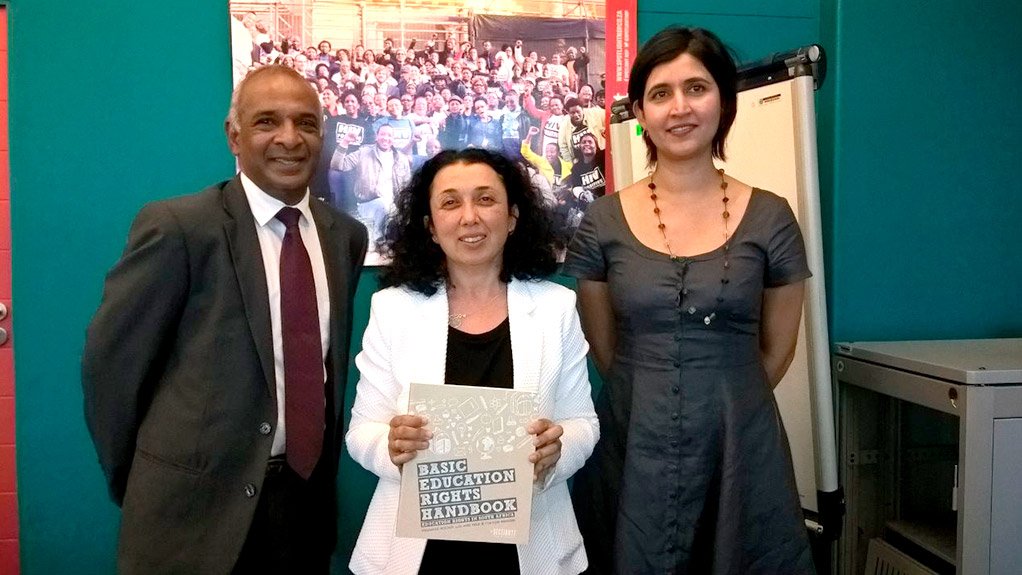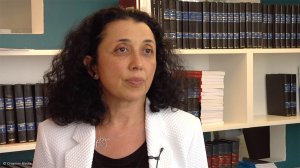Civil rights organisation Section27 on Wednesday launched the Basic Education Rights Handbook which seeks to provide communities with a tool to understand education law and policy, in an effort to protect learners’ rights.
Section27 senior researcher Faranaaz Veriava said the idea behind the handbook was to equip communities, school governing bodies, principals, teachers and learners so that they could identify when learners’ rights were violated and what steps were required to protect learners’ educational rights.
Veriava explained that there have been cases involving parents who were told that their children could not attend school owing to outstanding fees. Poor parents who know that they have the right to apply for an exemption from school fees can resist efforts by a school to turn their child away from a school because they cannot afford the fees. Instead, parents can demand to be given the opportunity to apply for the exemption.
The handbook aims to be comprehensive by covering a wide spectrum of areas of education law that potentially have an impact on learners’ rights. Each chapter provides an overview of the law, policy and case law on a particular issue, and discusses real-life examples that give context to the issue under discussion. Each chapter also provides users with tools for remedying issues that may arise in each area under discussion.
While the handbook features a chapter that focuses specifically on learners with disabilities, in keeping with the philosophy of inclusive education, almost every chapter has integrated the particular concerns of learners with disabilities into the topic under discussion.
Veriava said the handbook was a collaborative effort between Section27, the Equal Education Law Centre, Equal Education, the Centre for Child Law, the Legal Resources Centre, the Southern African Litigation Centre and the Studies in Poverty and Inequality Institute.
She added that the Gauteng Department of Basic Education has also indicated their support by ensuring distribution of copies of the book to schools.
Former head of the South African Human Rights Commission Judge Jody Kollapen said education was one of the important issues that had to be addressed [in the country].
"[The] education system is in a deep and serious crisis. Beyond statistics we need to ask [ourselves] if we are instilling the belief that the idea of education is being fulfilled by sending our children to schools,” said Kollapen.
He stated that a collaboration between the Department of Education and civil society would be ideal.
"As we embrace human rights, it is alarming that some South Africans are not aware of their rights," he pointed out.
EMAIL THIS ARTICLE SAVE THIS ARTICLE ARTICLE ENQUIRY
To subscribe email subscriptions@creamermedia.co.za or click here
To advertise email advertising@creamermedia.co.za or click here












